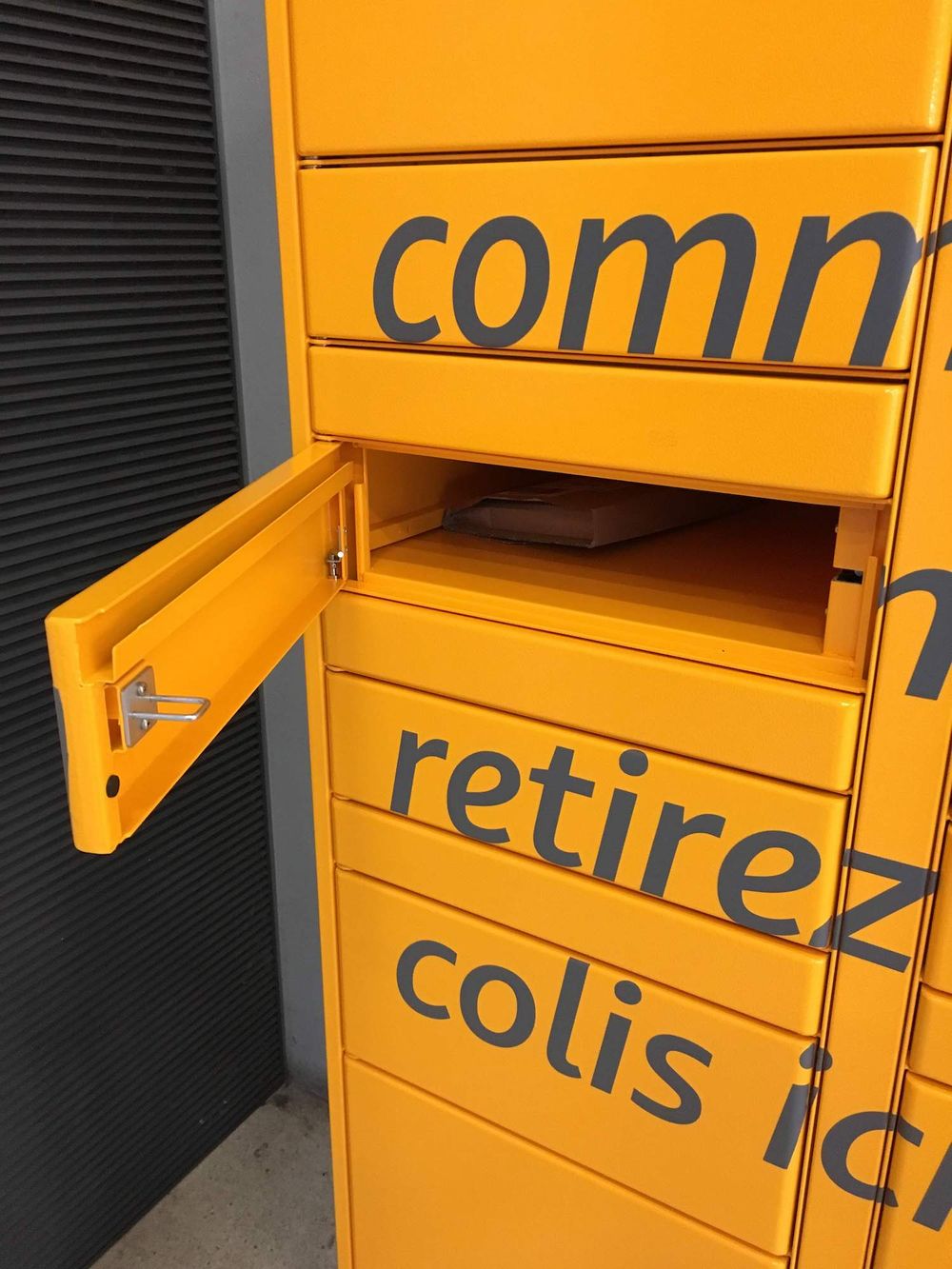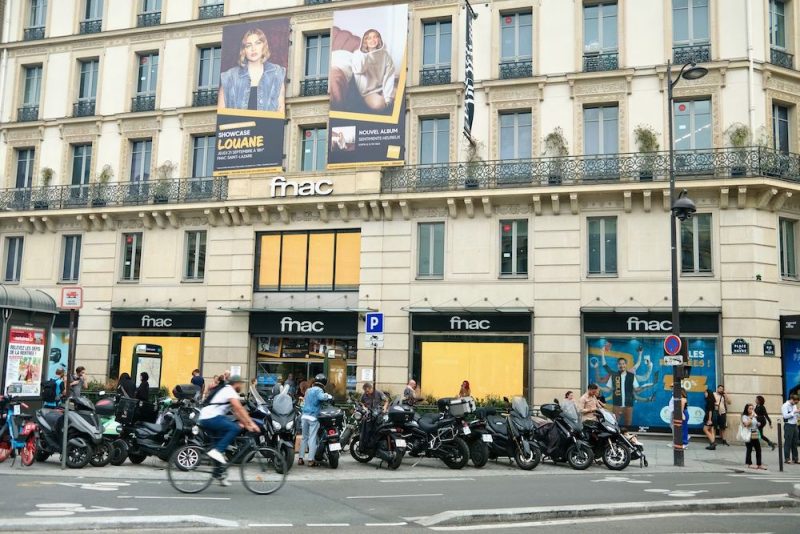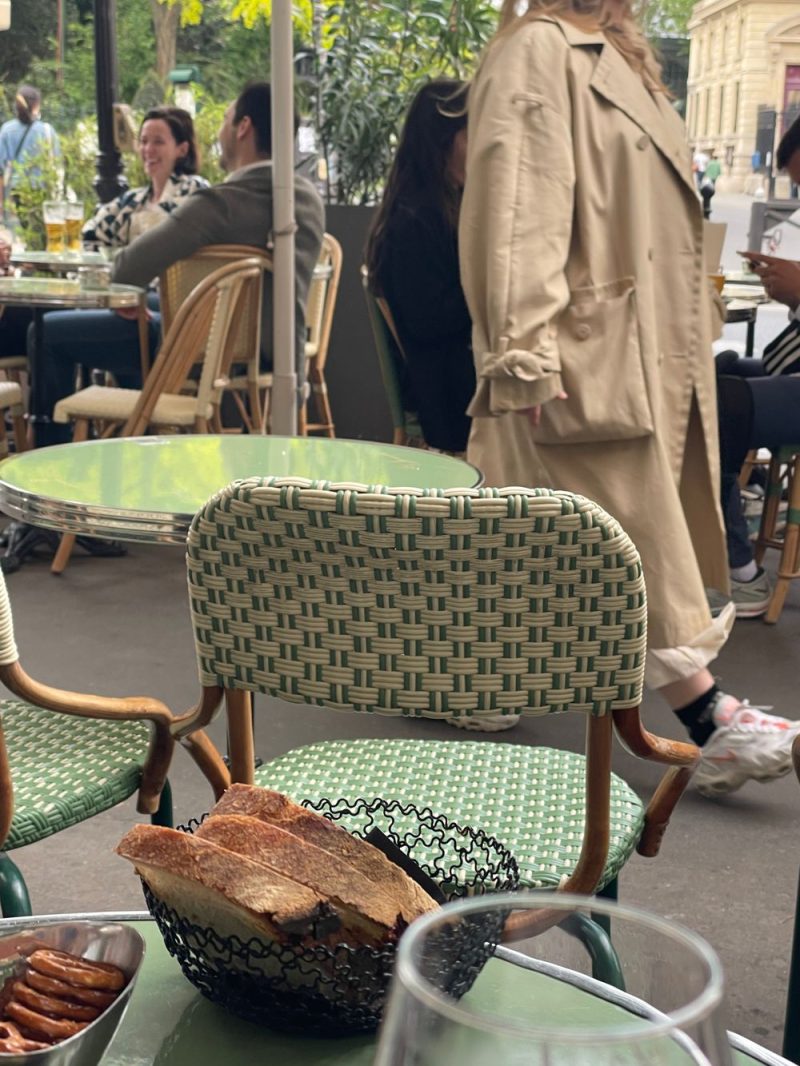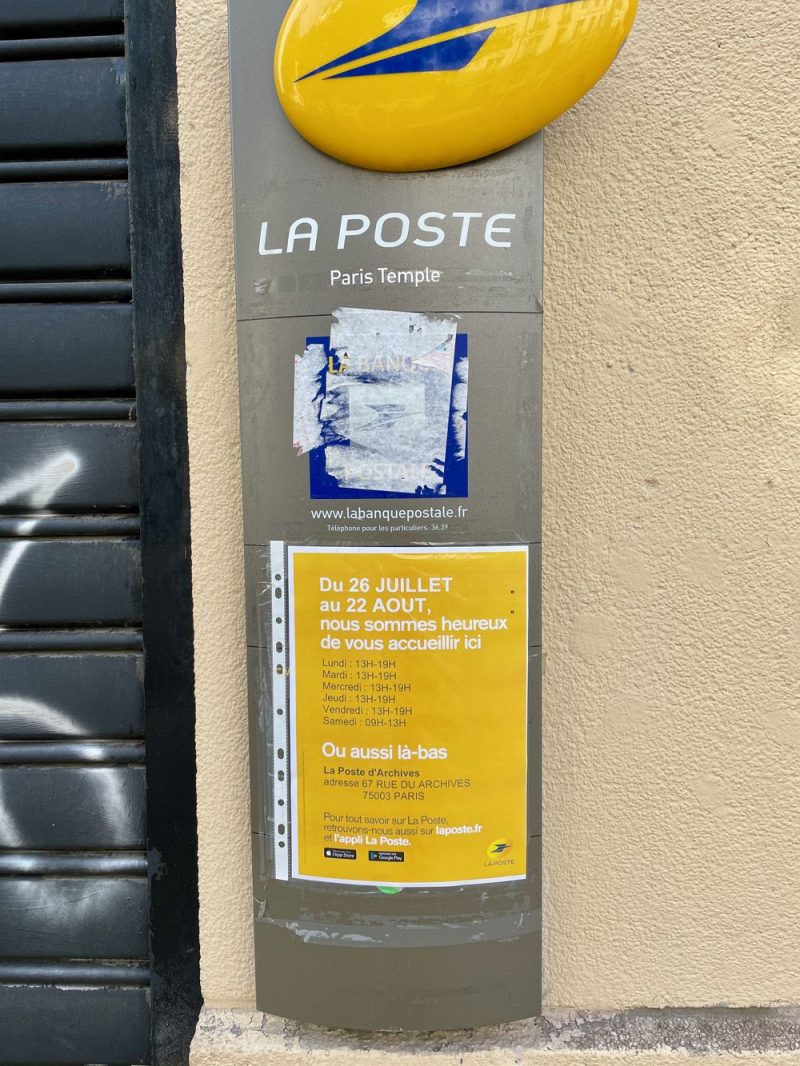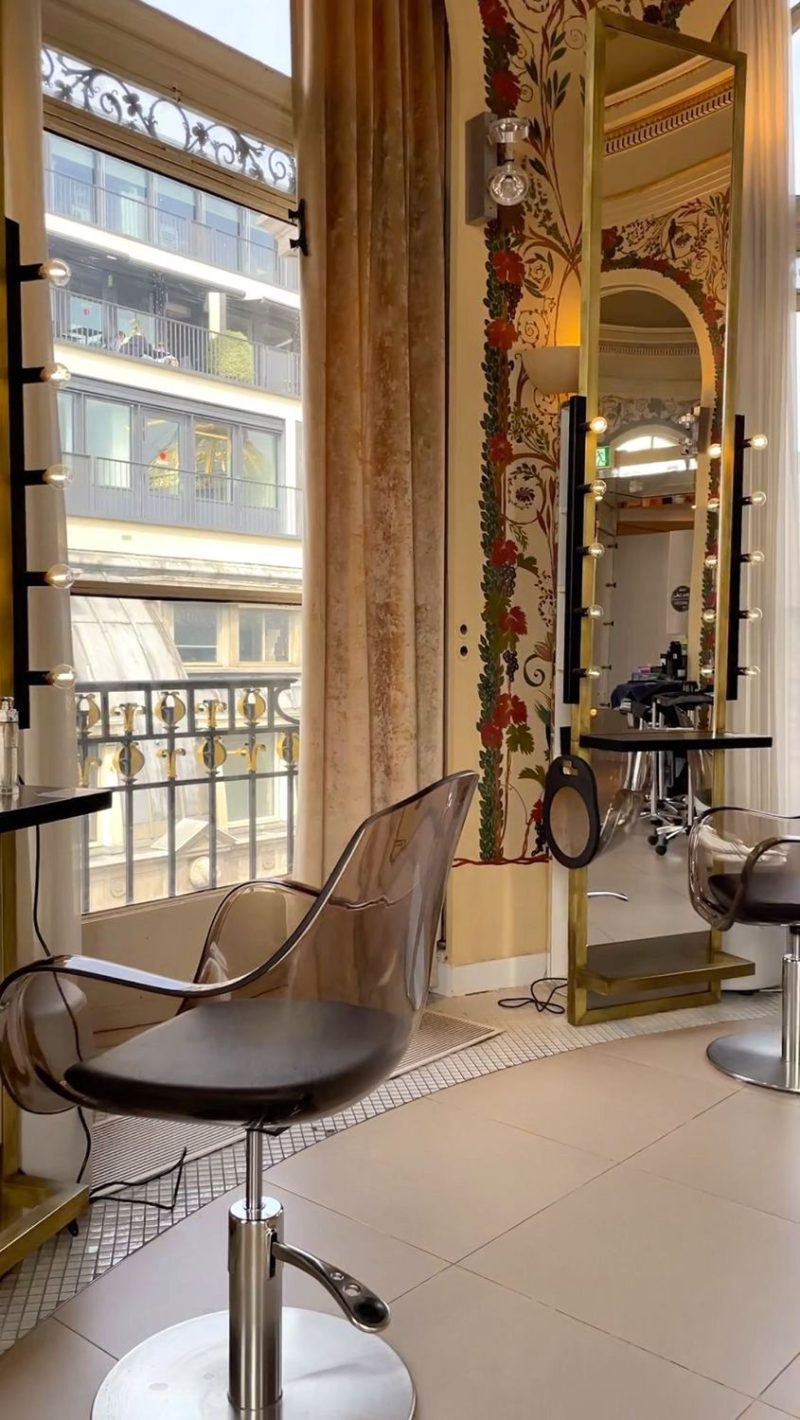Electricity in Paris: Costs and How to Get it in Your Apartment
Culture Travel may earn a commission through links on this website. As an Amazon Associate, we earn from qualifying purchases.
France’s iconic capital, Paris, not only dazzles visitors with its world-class art, cuisine, and history, but it also offers a seamless living experience to its residents, backed by a well-regulated utilities infrastructure.
One such vital amenity is electricity, the lifeblood of modern living, powering everything from your home appliances to charging stations for electric vehicles.
As you plan your move to the “City of Light,” understanding how to access electricity, the different suppliers and the associated costs are paramount.
Whether you’re a soon-to-be Parisian resident owner or simply curious about the utility landscape in one of the world’s most admired cities, this article will serve as your comprehensive guide.
We’ll delve into the process of getting electricity in your Paris apartment, unravel the nuances of the unique French electricity market, and provide an estimate of the costs involved.
Whether you’re wondering about the options for electricity suppliers in your new Parisian rental, trying to understand the “Heures Pleines/Heures Creuses” system, or seeking insights into how to manage your electricity consumption efficiently, you’ll find your answers here.
Join us as we illuminate the path to securing electricity in Paris, ensuring your transition to this magical city is as smooth and well-lit as the Parisian boulevards themselves.
How to Get Electricity in Your Apartment in Paris
Getting electricity in your apartment in Paris typically involves a multi-step process. Here’s an overview of how you might go about this:
Choose Your Supplier: The French electricity market is open, which means you have several providers to choose from. The historical provider is EDF (Electricité de France), but there are also other suppliers like Engie, TotalEnergies, Eni, and many more. You can compare the prices and offers of different suppliers to decide which one best fits your needs.
Sign Up for a Plan: Once you’ve selected your electricity supplier, you need to sign up for a service plan. This typically involves choosing between different rates and payment methods. The type of plan you choose may depend on your expected electricity consumption, budget, and other factors. It’s possible to subscribe online or by phone, and you would usually need to provide some personal information, such as your name, contact details, and French bank account details.
Provide Your Apartment Details: You’ll also need to provide information about your apartment, such as its size, number of occupants, type of heating and appliances, etc. This is necessary to calculate your electricity consumption and set up your contract.
Set Up a Start Date: The next step is to set up a date for your electricity service to begin. If your apartment already has a working electricity meter, the supplier can usually start the service remotely within a few days. However, if the electricity is cut, you may need to schedule an appointment with an electricity technician (from Enedis, the electricity distribution network company) who will come to your apartment to turn on the electricity.
Pay Your Deposit and First Bill: Depending on your chosen electricity supplier and plan, you may need to pay a deposit. You’ll also need to pay your first bill, which may include a set-up fee. In France, most electricity bills are paid every two months.
Set Up Automatic Payments: Most suppliers allow you to set up automatic payments from your French bank account, which can make it easier to manage your electricity bills.
Meter Reading: If your apartment has a traditional meter, you will be asked to submit meter readings to your supplier periodically (usually every two months). If your apartment has a Linky smart meter (common in many Parisian buildings), the readings will be sent automatically to your supplier.
Understanding Heures Pleines/Heures Creuses
“Heures Pleines/Heures Creuses” is a French term that literally translates to “Peak Hours/Off-Peak Hours.” It’s a system used in French electricity pricing that encourages consumers to shift their electricity use to off-peak times when demand for electricity is lower.
Here’s how it works:
- Heures Pleines (Peak Hours): These are the hours when electricity is most expensive. They typically correspond to times when the need for electricity is highest, such as in the mornings and evenings when people are most likely to be home and using electricity. The exact hours can vary, but typically, peak hours are during the daytime on weekdays.
- Heures Creuses (Off-Peak Hours): These are the hours when electricity is cheaper. They usually correspond to times when the demand for electricity is lower, such as late at night and very early in the morning. Off-peak hours are typically during the nighttime and can be a total of 8 hours per day.
The goal of the Heures Pleines/Heures Creuses system is to incentivize consumers to shift their electricity use to off-peak hours, thereby reducing demand during peak hours. This can help to balance the electricity grid and reduce the need for expensive, peaking power plants.
If you have a lot of electrical appliances that you can use during off-peak hours (for example, a dishwasher or an electric vehicle that you can charge overnight), then a Heures Pleines/Heures Creuses plan might save you money. However, if most of your electricity use is during the day, a standard single-rate plan might be cheaper.
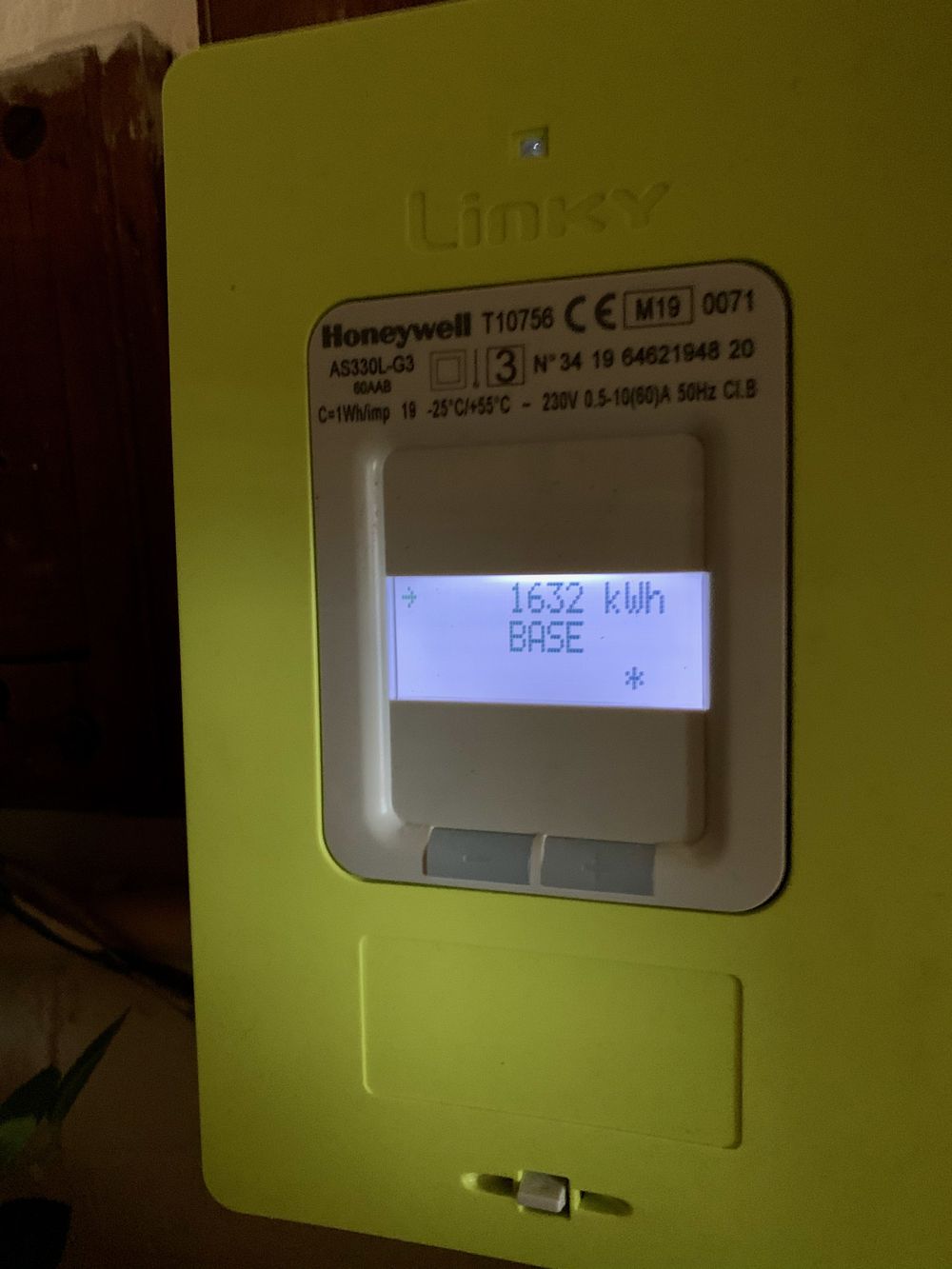
You need to have a specific electricity meter (like the Linky smart meter) installed in your home that can distinguish between peak and off-peak hours.
Electricity Costs
How much is the electricity bill in Paris? How much is the electric bill in France? I can help you estimate your costs. I lived full-time in France for 3 years.
I lived in a studio apartment (30m squared) in Paris, used Engie as my provider, and paid around 50€ per month.
The cost of electricity in Paris can vary greatly depending on several factors. These include your electricity provider, your contract (i.e., whether you’re on a fixed-price or variable-price plan), the size of your apartment, the efficiency of your appliances, and your personal usage habits.
The average electricity cost in France is roughly around €0.15 to €0.18 per kilowatt-hour (kWh), including all taxes.
For a small apartment with basic usage (such as lighting, TV, and small appliances, but no electric heating or hot water), the monthly electricity bill might be around €20 to €40.
For a larger apartment with medium usage (including electric heating or hot water), the monthly bill might be around €70 to €100.
For a large house with high usage (including electric heating, hot water, and many appliances), the monthly bill might be even higher.
